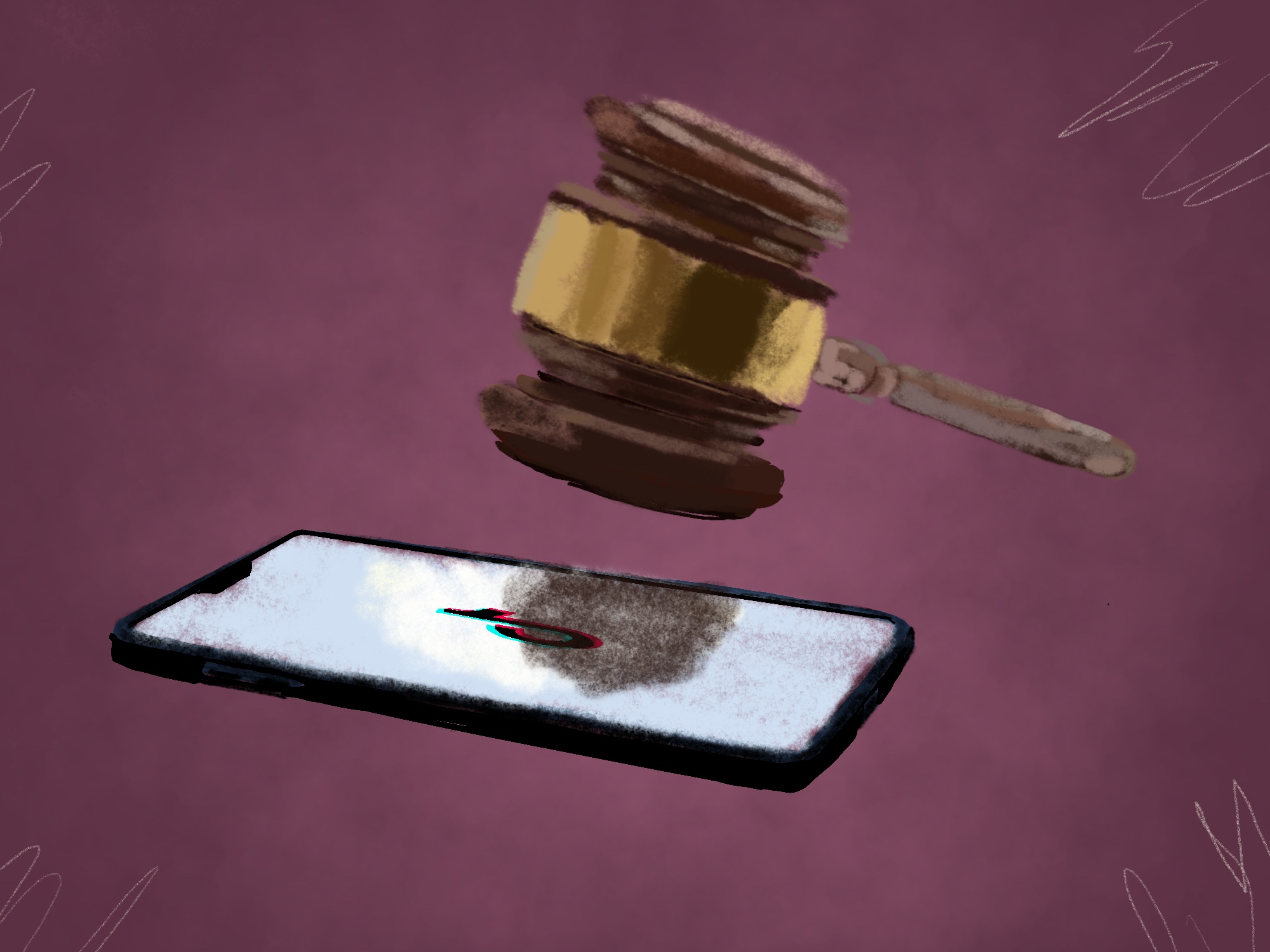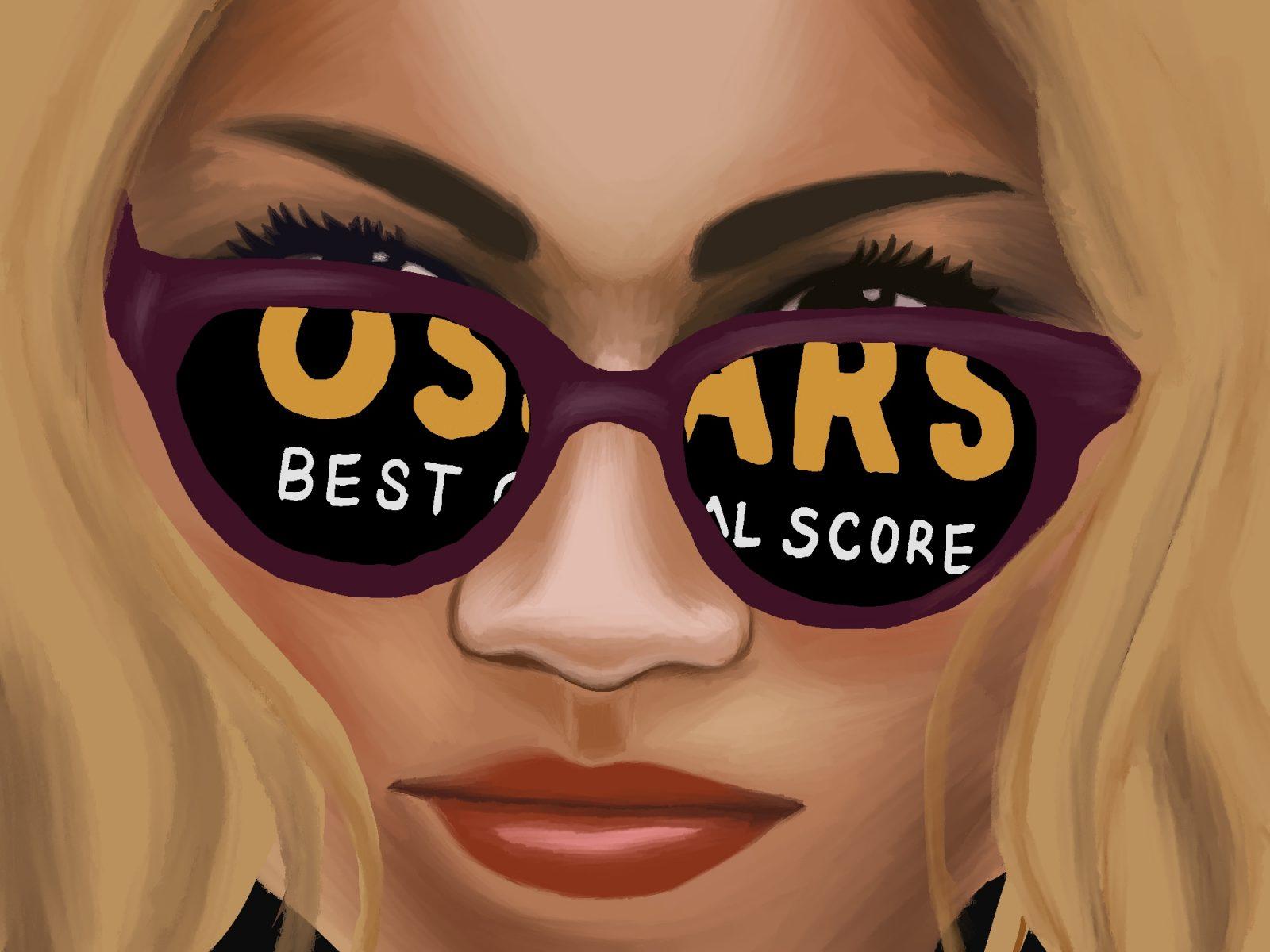The professional lives of lawyers have long been dramatized, through blockbuster shows like “Law and Order” and “Suits” and movies like “My Cousin Vinny” and “Michael Clayton.” But rarely do we see actual lawyers attempt to commercialize what they’re doing — or make content out of the actions of their clients.
As an article from the New York Times notes, there are certain rules that entertainment lawyers play by. They follow a pretty common playbook: deflect, cover or cower, most often behind carefully worded statements or tabloid stories.
But the legal team of Sean Combs — the music producer also known as Diddy — has taken a new approach to protecting their disgraced star: They’re defending him on TikTok.
In a series of videos shared last week, Teny Geragos, one of the lawyers on Combs’s legal team, projected herself in front of screen shots of text messages — a video format common to see on TikTok — between Combs and singer Dawn Richard.
shots of text messages — a video format common to see on TikTok — between Combs and singer Dawn Richard.
Richard, a former member of two now-disbanded music groups formed by Combs, filed a lawsuit on Sep. 10 accusing him of a litany of abuse, including both sexual and physical assault. This follows a previous lawsuit filed by Combs’s former girlfriend Casandra Ventura, commonly known as Cassie, who also sued Combs in federal court for rape and abuse.
Cassie’s lawsuit initiated a landslide of other civil suits against Combs, and in March, federal agents from the Department of Homeland Security raided two homes owned by Combs in Miami and Los Angeles. Earlier this month, Combs was arrested in Manhattan on a slew of charges which likely include racketeering and sex trafficking, according to his lawyer who spoke to The New York Times.
Possibly making matters worse is that the evidence Geragos provided in the TikTok was just screenshots of past text messages between Combs and Richard discussing possible future collaborations, most of which are several years old. The video neglects to mention Richard’s claims or all of Combs’s other sexual assault charges, which I suppose makes sense — she is Combs’s lawyer, after all.
Geragos’s videos are an obvious ploy towards younger audiences, an attempt to liken Combs’s case to a generation that digests most of their news from social media. It’s both pathetic and depressing — and another example of how abusers may continue to control those whom they’ve abused.
But the court of social media is nothing other than a figment of the imagination. We like to imagine that the life we build online is real — surely, the harm that we cause on the internet is. But once we put our phones down and close our computers shut, whatever exists of ourselves on the internet — both good and bad — becomes totally irrelevant.
The harm that Combs has allegedly caused hundreds of women — some of whom are reported to be minors — is not the kind of gossip-fueled, chronically online rumor that can be fixed with the band-aid of a 30-second video.
Geragos’s video makes a mockery not only of the substantial work that lawyers do, such as representing victims of sexual assault, but also of every woman who has filed a suit against Combs. A federal abuse case is not a matter of online entertainment, even if the center of the case is an entertainer.
Our culture likes to blur the lines between violence and entertainment. We obsess over true crime TV shows and podcasts, fictionalizing and glorifying them. And although I don’t have a real explanation for why that is, attempting to make Combs’s cases into an active version of that kind of entertainment is inexcusable, especially coming from a person who considers themself a professional and still has to defend their client in court. It’s not just that it’s cruel — it’s simply weird.
I often wonder if individuals as famous as Combs have any sort of reasonable grip on reality — if their fame and their monetary fortune have changed the way they operate and the way they view the concept of consequence. It’s obvious by the nature of these childish videos that his lawyer is losing her grip — I’m sure Combs fell a long time ago.


























































































































